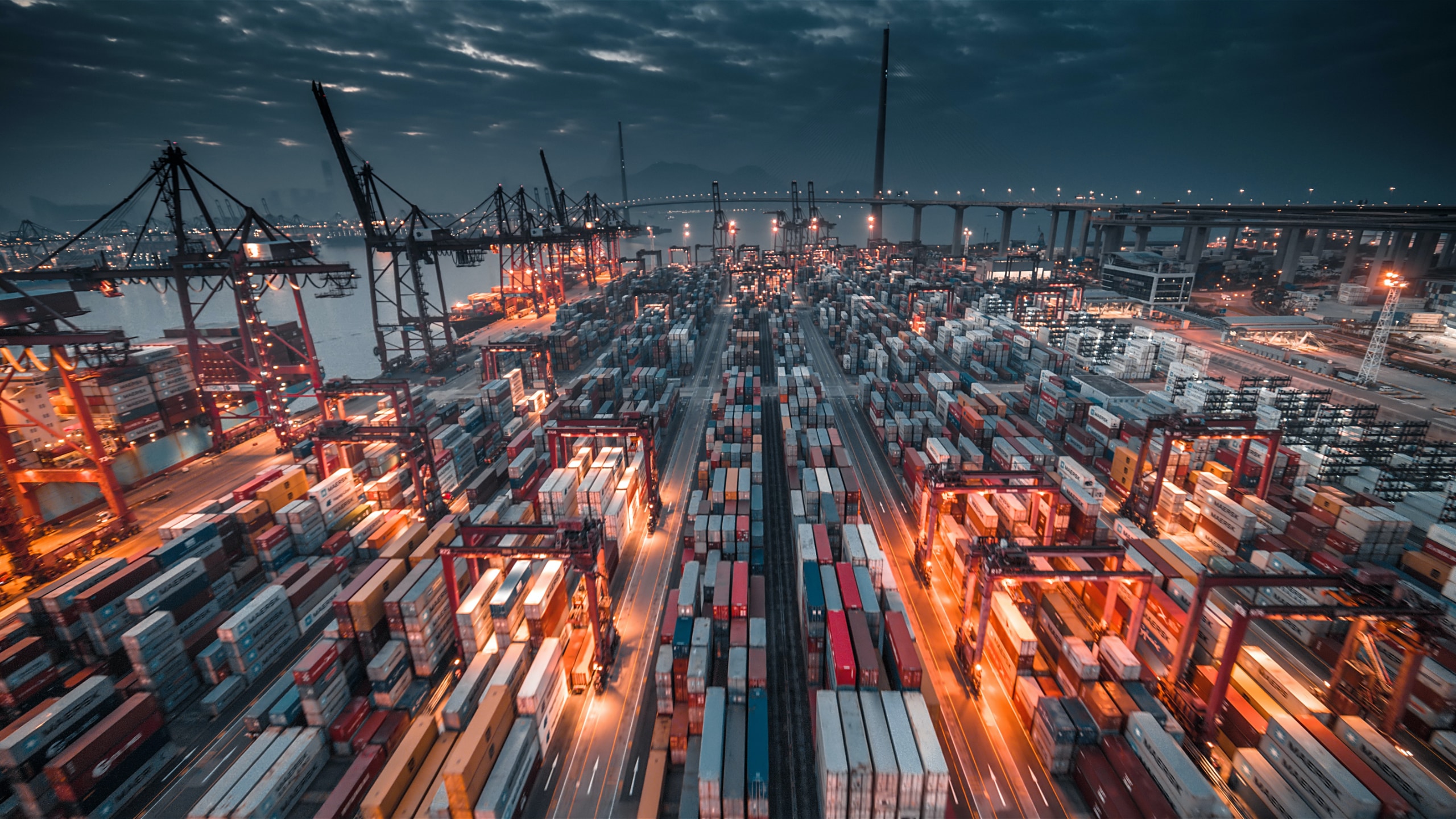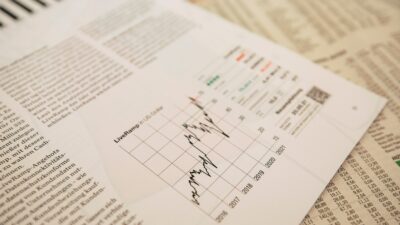Sydney Business Insights

Megatrends watch
The emerging untruths of a global economy
The economic conventions that policymakers had relied on since the Berlin Wall fell more than 30 years ago — the unfailing superiority of open markets, liberalized trade and maximum efficiency — look to be running off the rails.
New York Times | June 2023
Limbering up for a debate on the new world economic order? This New York Times piece highlights the many failures of last century’s economic ‘certainties’:
- more working poor in developed nations as companies embarked on a worldwide ‘scavenger hunt’ for low wage workers
- cheap production facilities polluting developing nations
- rising debt in developing nations caught between the need to borrow to build infrastructure that does not bring the expected returns
- accelerating climate change and deepening inequalities
- concentrations of critical suppliers (e.g. Taiwan’s domination of semiconductors) generating dangerous choke points
- democracy’s failure to thrive in countries otherwise adopting liberal economic policies
Slamming the brakes on globalisation
During the last quarter of the 20th century, an enduring world order appeared to be settling in: one ‘where goods, money and information criss-crossed the globe (and) would essentially sweep away the old order of Cold War conflicts and undemocratic regimes.’
This confidence was realised in a doubling in world trade and the establishment of the World Trade Organisation in 1995, comprising 142 countries – including, as of 2001, China.
However the global financial crisis, rising tensions between the US and China, the pandemic and Russia’s invasion of its democratic neighbour signal a systemic crisis that has seen a shift away from globalisation as countries seek more supply chain security.
Fresh solutions for a new(er) world order
The emerging economic arrangements will not be a return to last century’s certainties. The rise of Asian mega economies like China and India, Africa’s growing young population, and strong emerging economies outside the European/North American axis are all part of the unfolding story of this century’s economic power shift megatrend.
These developments are leading to increased uncertainty in international engagements. The current instruments managing trade and global relations – the IMF, the WTO, the World Bank, even the UN, will not look the same as the century progresses.
Shifting trade and diplomatic relations foreshadowed by this megatrend will force new monitoring systems with different rules determined by the new economic power arrangements.
The biggest issue at the heart of the economic powershift megatrend is the same one failed by the last century’s economic and political institutions: rising inequality.
Will the new international institutions be better at tackling economic gaps, both between nations and within national boundaries?
Megatrends watch: economic power shift
Subverting
Stable
Accelerating
This update is part of our Megatrends Watch series, which tracks developments that inform our six global megatrends….
Image: Timelab
Sydney Business Insights is a University of Sydney Business School initiative aiming to provide the business community and public, including our students, alumni and partners with a deeper understanding of major issues and trends around the future of business.
Share
We believe in open and honest access to knowledge. We use a Creative Commons Attribution NoDerivatives licence for our articles and podcasts, so you can republish them for free, online or in print.









